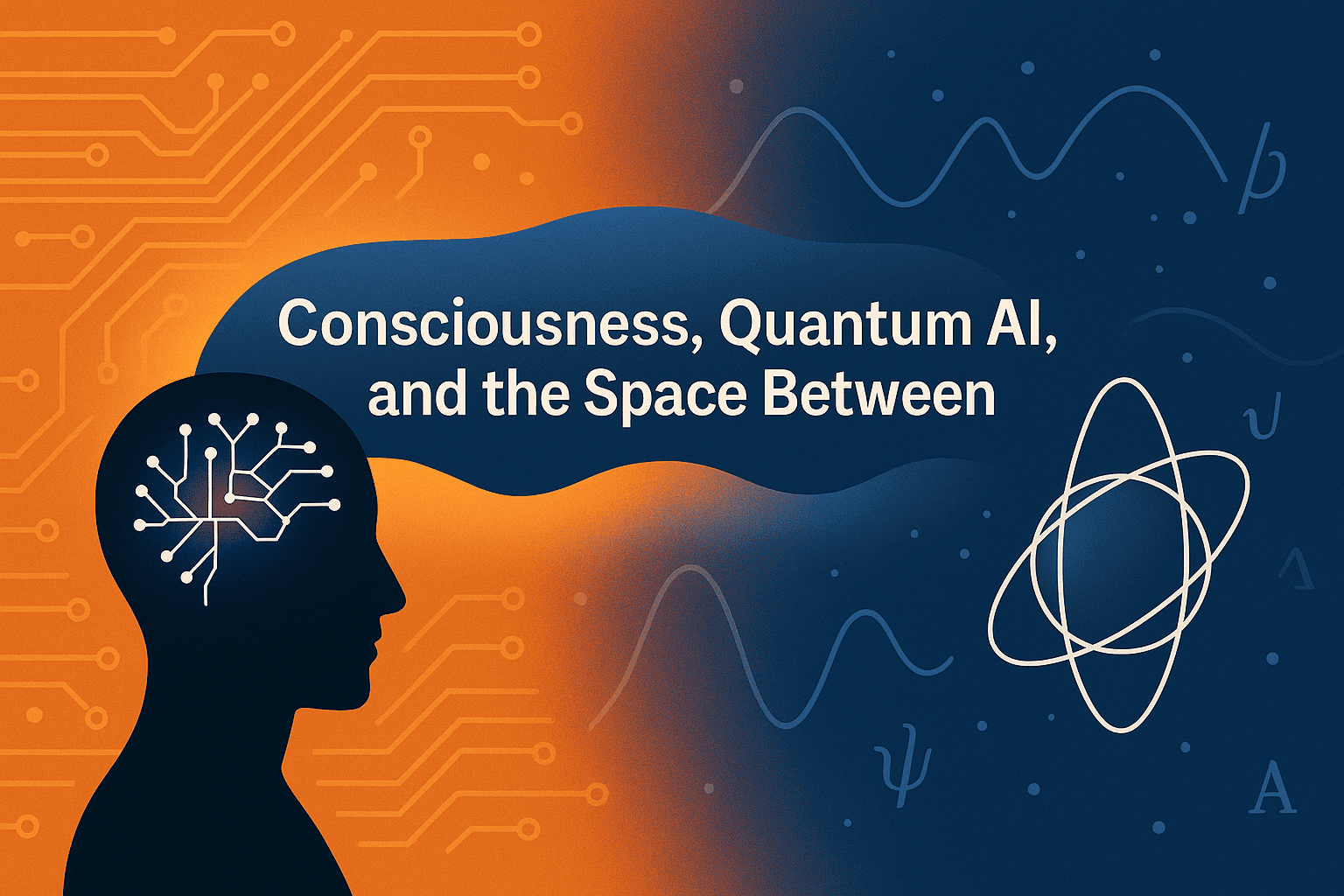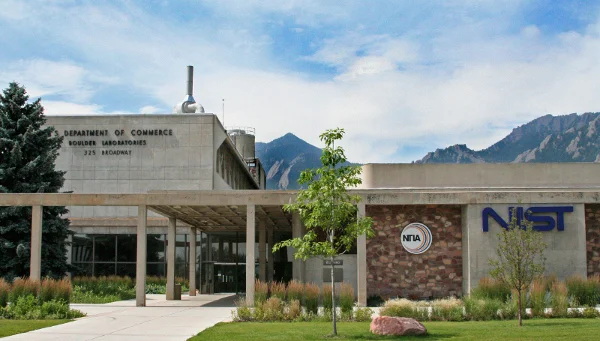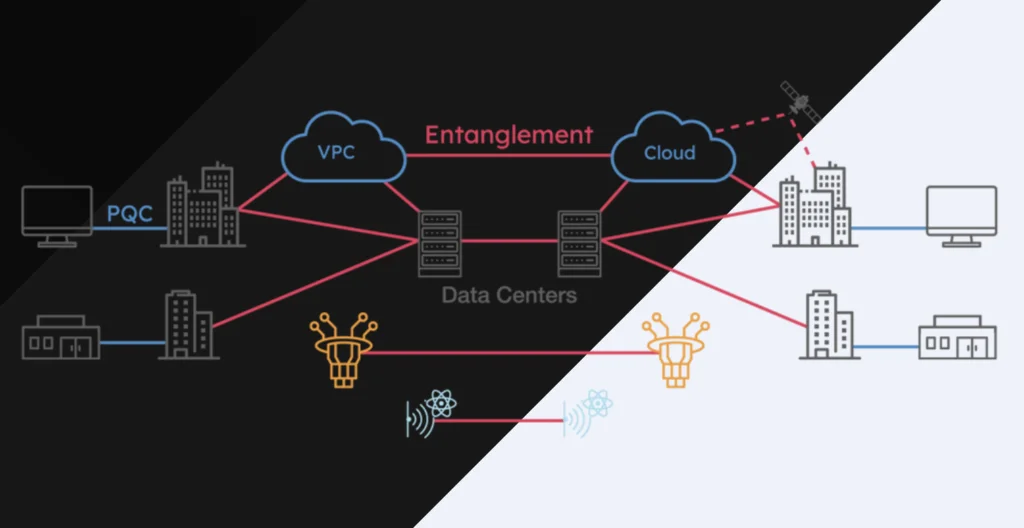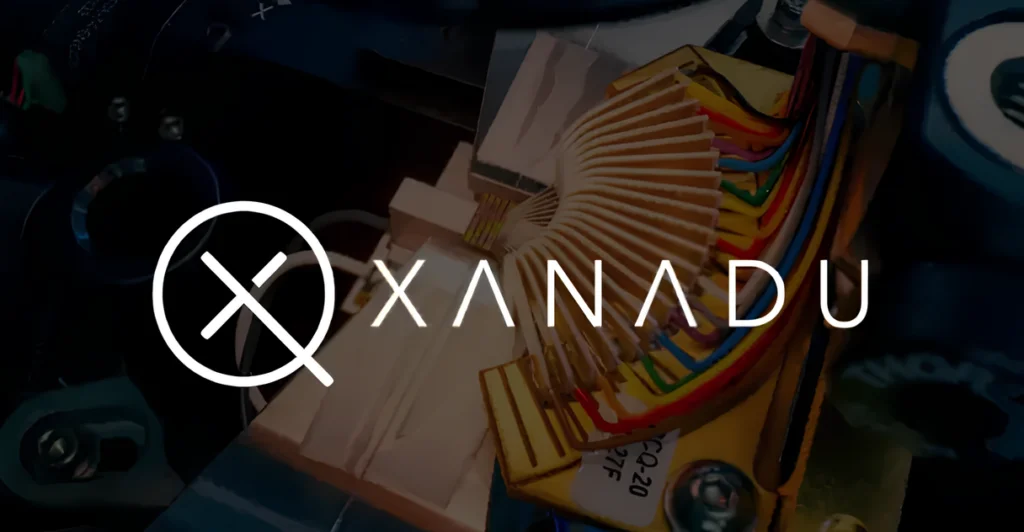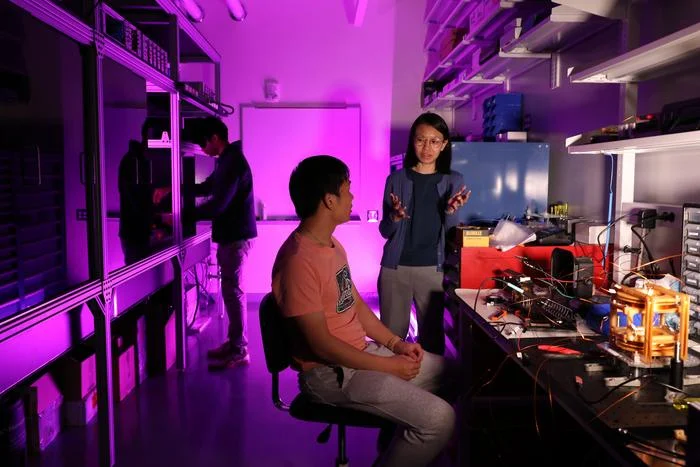Insider Brief
- A new Chapman University study finds that agency and intelligence cannot exist in a purely quantum system, as the fundamental laws of quantum mechanics prevent copying and comparing information.
- The researchers show that modeling, deliberation, and reliable decision-making all require classical resources such as stable, copyable information and a preferred basis created through decoherence.
- The findings imply that both consciousness and quantum artificial intelligence depend on hybrid quantum-classical architectures, since even advanced quantum machines need classical components to act, learn, and decide.
A new study from Chapman University argues that neither quantum physics alone nor classical physics alone can sustain something as fundamental as agency — which they define as the ability to model the world, evaluate choices and act on purpose. The finding hints that consciousness, and even artificial intelligence, may depend on physical processes that straddle the quantum–classical divide rather than reside purely in one realm.
The paper, published in the pre-print server arXiv, examines whether a purely quantum system — one evolving only through coherent, unitary dynamics without measurement or decoherence — could ever be an “agent”. The team concluded that the same laws that make quantum computers powerful also prevent them from copying information or choosing among alternatives, two operations central to decision-making.
The result constrains not only theories of consciousness rooted in quantum mechanics but also ideas about purely quantum computers or fully autonomous quantum AIs. If agency requires both quantum coherence and classical structure, the seat of intelligence — biological or artificial — may lie in the zone where those two regimes interact.

The Quantum Constraint
An agent is someone — or, something — that can understand its situation, think through its options, and choose what to do. You and I are agents (hopefully). But it doesn’t have to be human — a self-driving car, a chess program, or even a clever animal all count. What matters is that it can build some kind of picture of the world, imagine different actions and pick one on purpose.
Emily Adlam, an assistant professor of the philosophy of quantum mechanics at Chapman University, and colleagues approached the question by asking what a purely quantum system would need to qualify as an agent, and then defined three minimal conditions for agency. Namely, an agent must build an internal model of its environment, use that model to predict the results of possible actions, and reliably select the action with the highest expected benefit.
Those conditions mirror how human and machine decision systems operate, which represent the world, test possible outcomes and choose. But when applied to quantum mechanics, each step runs into physical roadblocks, according to the researchers.
The first obstacle is the no-cloning theorem, which forbids copying an unknown quantum state. A world-model requires storing and replicating information from the environment, and deliberation requires duplicating that model to test multiple actions in parallel. In a classical computer, copying data is trivial; in a quantum one, it is fundamentally disallowed.
Even if a quantum agent somehow had access to multiple perfect copies of its environment, the third requirement — reliably selecting the best option — fails for deeper reasons. Because quantum mechanics is linear, superposed alternatives cannot be compared and ranked without collapsing into indeterminacy. A purely unitary process has no built-in mechanism for “choosing.”
The team tested these principles through mathematical circuits simulating “quantum agents.” When they forced such circuits to act only within the quantum rules, performance degraded quickly. Deliberation produced entanglement instead of a clear outcome, and the simulated agents failed to identify a single best action. In contrast, when the environment supplied a preferred basis — the classical reference frame that decoherence provides — the simulated agent recovered consistent decision-making. Agency, it seemed, re-emerged once information became stable and copyable.
A Middle Ground of Mind?
The findings suggest that agency requires classical resources: stable records, shared reference frames and the ability to copy and compare. Yet those classical structures, in turn, emerge from quantum physics through the process of decoherence, where fragile superpositions give way to definite outcomes. That interplay — the conversion of quantum potential into classical fact — appears to be where agential behavior becomes physically possible.
In this view, consciousness might not live in the quantum domain itself, as some theories have proposed, but at the boundary where quantum information crystallizes into classical form. Neural systems, for instance, operate in a noisy biochemical environment that constantly decoheres quantum states. But that same noise creates stable, redundant information — precisely the conditions the Chapman group identifies as prerequisites for decision-making.
The study also undercuts extreme positions on both sides of the debate. Purely classical explanations of mind ignore the quantum underpinnings of information flow in matter. Purely quantum theories of mind, meanwhile, fail to show how coherent wavefunctions could ever perform the copying, comparison, and feedback loops that cognition demands. Between those poles lies a regime of partial coherence — quantum enough to support exploration, classical enough to store and evaluate results.
That intermediate regime also aligns with current thinking in quantum artificial intelligence. Quantum algorithms can explore huge solution spaces by superposition, but they still rely on classical controllers to prepare inputs and interpret outputs. Today’s quantum computers are hybrids by design. They feature a classical processor that directs a quantum chip that then collapses its results back into ordinary data. This analysis implies that such hybridization is not a temporary engineering fix—it may be a fundamental necessity for any system that acts intelligently.
The findings also clarify why agency — and by extension, intelligence — cannot exist in a purely quantum regime. Once stripped of classical structure, the ability to model, evaluate and decide collapses.
Testing Quantum Agency
To test the limits of their theory, the researchers built a set of simulated “quantum agency circuits” and measured how well they could model and act on an environment. Each circuit received copies of a quantum state — analogous to sensory inputs — and attempted to form a decision rule. The team evaluated performance across 26 symmetrically distributed environment states on the Bloch sphere, measuring fidelity, vector length, and angular error relative to a defined target.
The results were consistent in that even under ideal conditions, average fidelities hovered around 0.69, with the best cases approaching — but never exceeding — unity. As the number of cloned states increased, accuracy fell, and the agents’ internal world-models drifted from reality. The fidelity of these deliberative clones asymptotically approached two-thirds, the same level one might achieve by guessing at random. The analysis confirmed what the theory predicted: a purely quantum agent can evolve, but it cannot decide. To copy, compare, or choose, it needs classical footing.
As the authors write, “These results imply four key consequences. First, agency requires significant classical resources, placing clear constraints on its physical basis. Second, they provide insight into how classical agents emerge within a quantum universe. Third, they show that quantum computers cannot straightforwardly simulate agential behavior without significant classical components. Finally, they challenge quantum theories of agency, free will, and consciousness.”
Tying physics to both philosophy and engineering, the team concludes that if agency depends on classicality, then even the most advanced quantum machines will need classical scaffolding to act, learn, or decide.
Implications for Quantum AI
This leads to other implications that might be interesting for the quantum industry. For example, if no purely quantum system can meet the requirements of agency, then a fully autonomous quantum AI — one capable of learning, planning, and acting without classical mediation — appears physically impossible. The bottleneck appears to be computation but control. Quantum operations can evolve states but cannot copy or compare them without decoherence, which is a classical process. That means the “thinking” part of a quantum AI must remain grounded in the classical layer that manages its quantum resources.
The authors note that even existing quantum algorithms depend on this structure. Each relies on a computational basis imposed by classical control electronics. Quantum states are prepared, evolved and measured relative to that basis, which effectively defines a small island of classicality inside the quantum sea. Without it, there would be no way to interpret results or decide subsequent actions.
This insight reframes the long-term prospects of quantum computing. The technology’s power may not come from replacing classical logic but from integrating it with quantum dynamics in a structured hierarchy. Classical processes supply stability and interpretation while quantum processes supply probabilistic search and interference. Intelligence — whether in machines or biological brains — could emerge from that layered interaction.
Such an architecture also mirrors proposals in neuroscience where brain activity exhibits nested feedback loops in which electrical, chemical and quantum-scale processes coexist. If agency depends on the coexistence of coherence and decoherence, the brain’s noisy, thermally fluctuating milieu may not be a bug but a feature — it anchors fragile quantum effects in a framework that allows copying, learning and recall.
Limitations and Future Directions
The team’s model is theoretical that rests on formal proofs, circuit analyses and the known mathematical limits of quantum information theory, not on experimental data. It doesn’t claim to describe consciousness directly but to identify physical preconditions for any system capable of goal-directed behavior.
That limitation also makes the results broadly applicable. The same principles constrain not only speculative quantum minds but also quantum-enabled decision systems, from optimization engines to autonomous laboratory bots. Any design that seeks to make decisions entirely within a coherent quantum regime would confront the same barriers. It could evolve but not deliberate and simulate but not select.
The researchers suggest that future researcher directions — and progress — may lie in the study of these hybrid regimes, where decoherence is tuned rather than avoided. Instead of treating decoherence as an error, engineers could use it to anchor decision points — much as neurons fire when quantum-scale events reach macroscopic thresholds. Future quantum AIs might therefore function more like biological agents: oscillating between coherent exploration and classical consolidation.
Another frontier worth exploring, according to the team, involves approximate cloning, which are techniques that replicate quantum information with limited fidelity. The study finds that such schemes fall short for general agency because errors accumulate quickly. But in noisy, probabilistic decision systems, partial copies might suffice. Machine-learning models already operate under uncertainty; hybrid quantum-classical networks could exploit imperfect quantum sampling without violating physical limits.
Finally, the paper reopens philosophical questions about free will and autonomy. If choice requires decoherence, then decision-making is physically inseparable from the emergence of classical reality itself. In that sense, conscious acts are part of the same process that gives the universe definite outcomes. The transition from possibility to actuality may be not only how worlds form but how minds decide.
For a deeper, more technical dive, please review the paper on arXiv. It’s important to note that arXiv is a pre-print server, which allows researchers to receive quick feedback on their work. However, it is not — nor is this article, itself — official peer-review publications. Peer-review is an important step in the scientific process to verify results.
Kelvin J. McQueen and Mordecai Waegell also worked with Adlam on the study.

